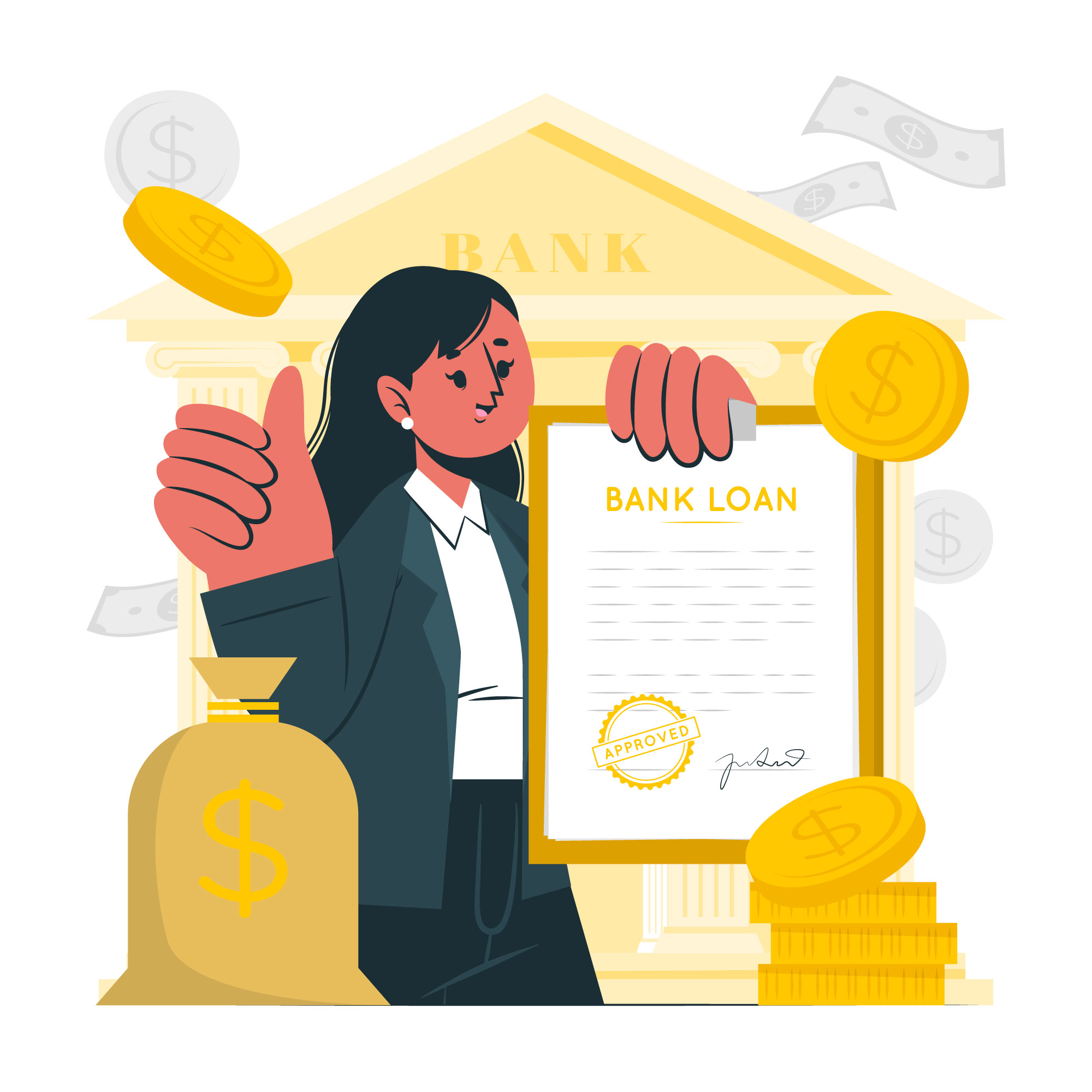

Buying a home is a dream for many, but it can also feel like an overwhelming financial leap. Luckily, there are options designed to make homeownership more accessible, and one of the most popular is the FHA loan. Backed by the Federal Housing Administration, FHA loans are a type of mortgage that helps first-time buyers and those with less-than-perfect credit achieve their goal of owning a home.
In this blog, we’ll explore what FHA loans are, how they work, their benefits, and tips to make the most of this homebuying option.
An FHA loan is a government-backed mortgage designed to help low-to-moderate income borrowers buy a home. Unlike conventional loans, FHA loans have more flexible requirements, making them a great choice for first-time homebuyers or anyone who may have struggled to qualify for traditional financing.
Borrowers can often qualify with a credit score as low as 500 (though lenders may have their own minimums).
FHA loans require a minimum down payment of just 3.5%, compared to the 10-20% often required for conventional loans.
While FHA loans make homeownership more accessible, they do require borrowers to pay mortgage insurance, which protects lenders in case of default.
FHA loans come with several advantages that can make the dream of homeownership a reality:
With a lower down payment and credit score requirements, FHA loans open the door to homeownership for people who might not qualify for a conventional mortgage.
The 3.5% down payment requirement means you won’t have to save for years to afford a home. For example, on a $250,000 home, that’s only $8,750 compared to $50,000 for a 20% down payment on a conventional loan.
FHA loans are more lenient when it comes to your debt-to-income ratio (DTI), meaning you may qualify even if you have student loans or other significant financial obligations.
FHA loans are assumable, meaning if you sell your home, the buyer can take over your loan at its current terms, which could be a big selling point if interest rates rise.

● Credit score: A minimum score of 580 for the 3.5% down payment option, or 500-579 with a 10% down payment.
● Steady income: Proof of stable employment and income to ensure you can make your monthly payments.
● DTI ratio: A debt-to-income ratio below 43% is ideal, though some lenders may allow higher ratios with compensating factors.
● Property eligibility: The home must be your primary residence and meet FHA-approved standards.
● Save for closing costs: While FHA loans reduce upfront costs, you’ll still need funds for closing fees, which can range from 2-5% of the loan amount.
● Shop around for lenders: FHA loans are offered by many banks and credit unions, so compare interest rates and terms to find the best deal.
● Consider refinancing later: If your credit score improves, you may refinance into a conventional loan to eliminate the mortgage insurance premiums.

FHA loans are a fantastic option for anyone looking to break into the housing market without a perfect credit score or a hefty down payment. By lowering barriers to entry, these loans help make homeownership more attainable, turning what may seem like a distant dream into a very real possibility.
Whether you’re a first-time buyer or simply exploring your mortgage options, understanding FHA loans is a great step toward unlocking the door to your future home. Happy house hunting!